| Sorted by date | |||
page006from Building Ideasbasically subjective experience, in order to reach a level of shared understanding and communication, is addressed in different ways in Chapters 4 and 5, which look at other more objective factors that might structure our experience. Both of these look at forces – beyond the individual’s control – that affect how we perceive things and ultimately, how we communicate. Structuralism, in Chapter 4, considers the deep structures of language and Chapter 5 looks at Marxism, the “invisible” influence of ideology. All three themes offer possibilities as conceptual frameworks for understanding architecture and the conclusion suggests their integration as part of a broader hermeneutic project.
In order to use this book as an introduction to the exploration of theoretical issues, I have included a list of further reading that should serve to amplify the individual themes. Where possible these have been drawn from the recently published anthologies of theoretical texts, in order that this book should also serve as a kind of “road-map” for further study. Suggestions For Further Reading Background Terry Eagleton, Literary Theory: An Introduction, University of Minnesota Press, Minneapolis, 1983. Richard Kearney, Modern Movements in European Philosophy, Manchester University Press, Manchester, 1986.
|
|||
|
|||
|
|
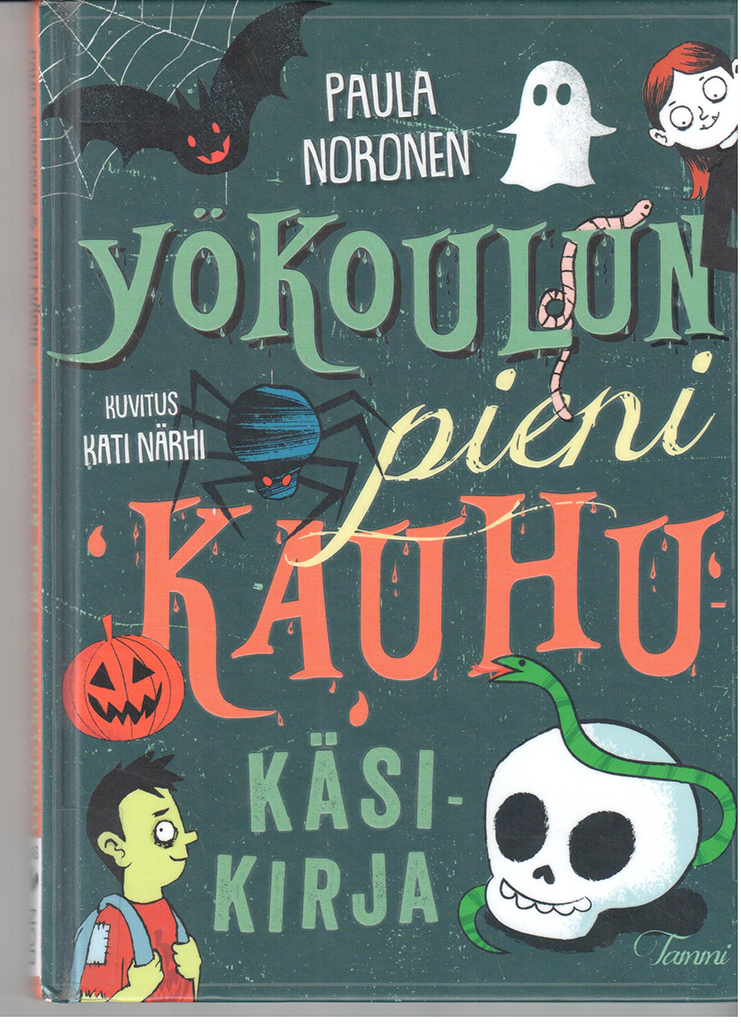 ... ...
... ...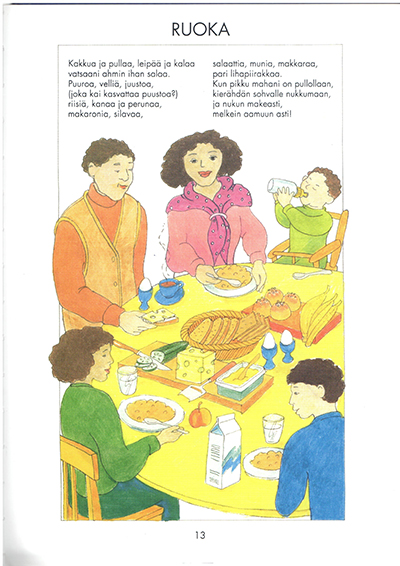 ... ...
... ... ... ...
... ...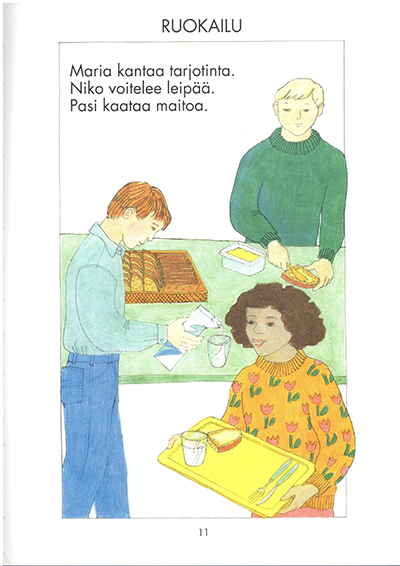 ... ...
... ...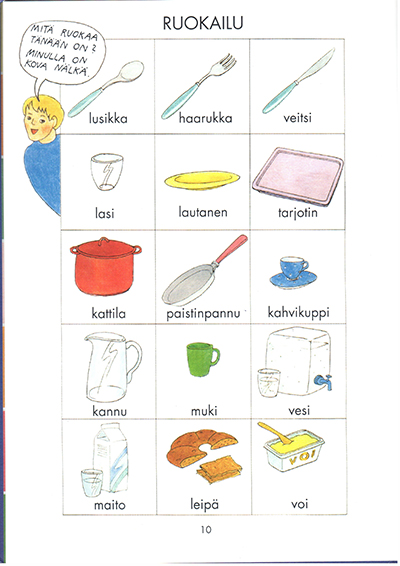 ... ...
... ...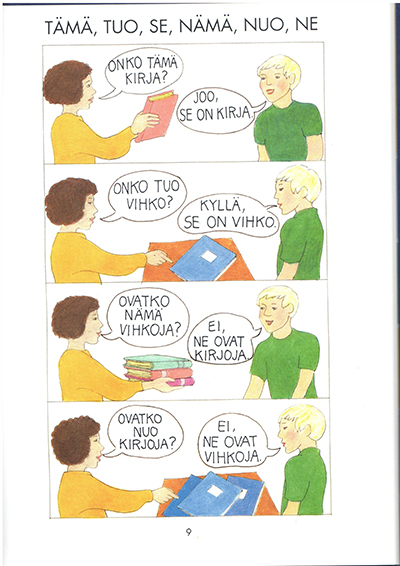 ... ...
... ...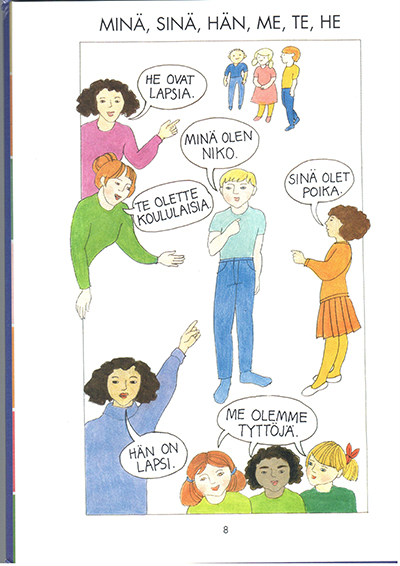 ... ...
... ...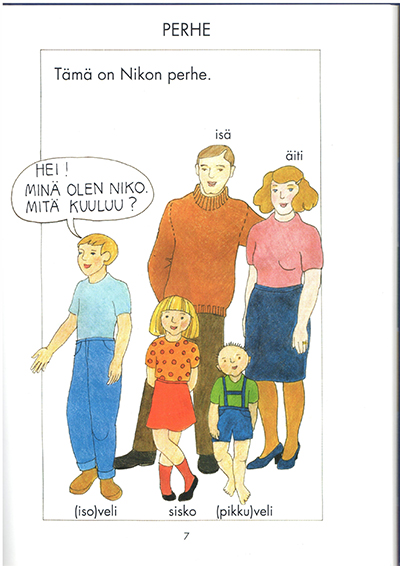 ... ...
... ... ... ...
... ...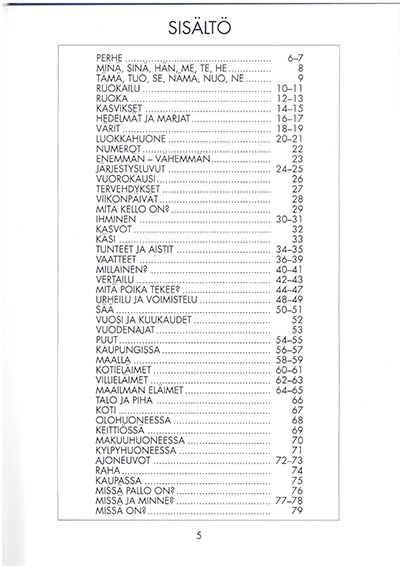 ... ...
... ... ... ...
... ... ... ...
... ...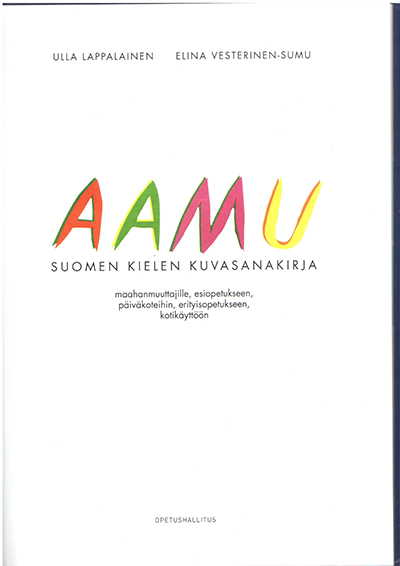 ... ...
... ...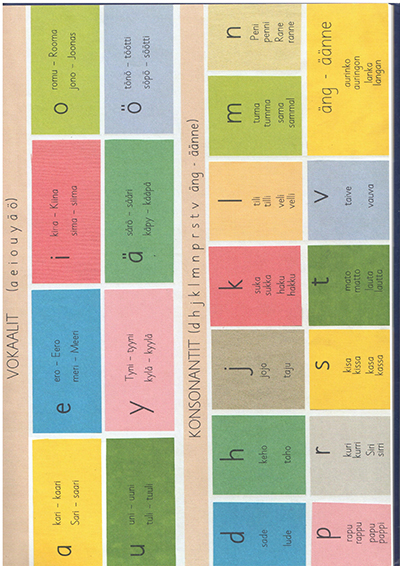 ... ...
... ...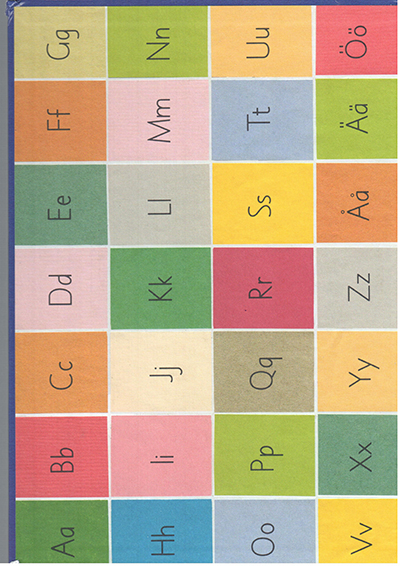 ... ...
... ...